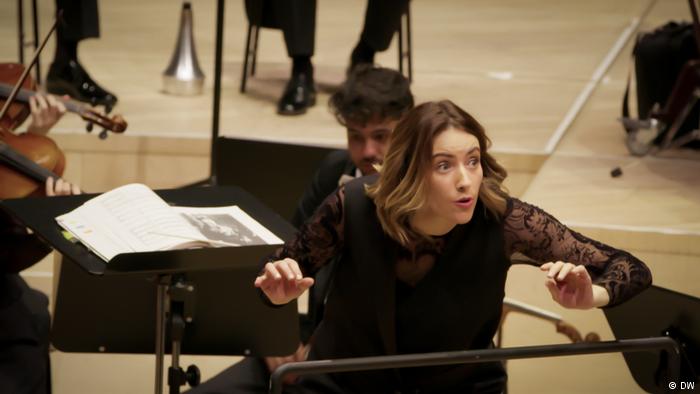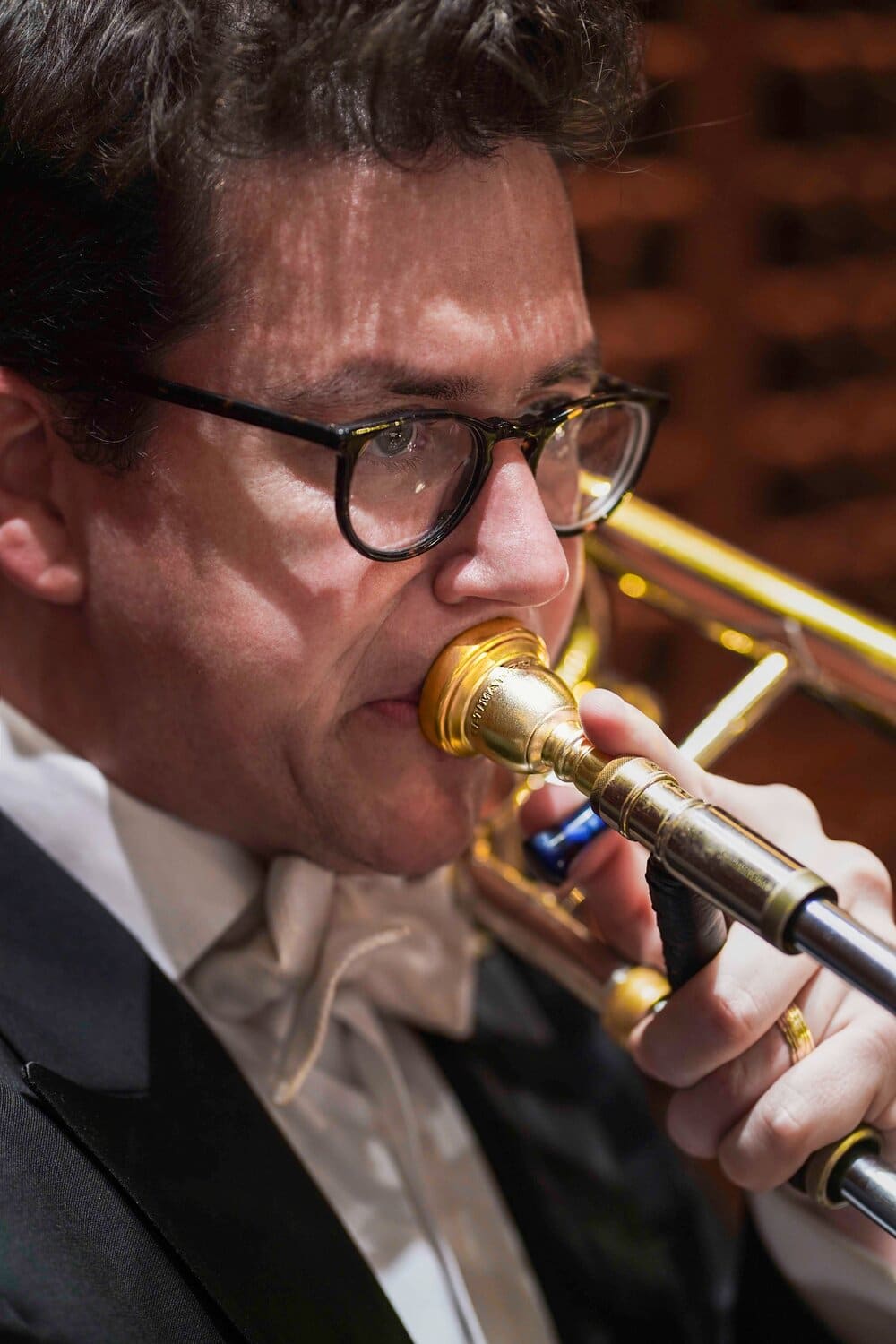Pain in Spain as Alondra gains major role
OrchestrasThe Orchestra and Choir of the Community of Madrid has appointed Alondra de la Parra as chief conductor and artistic director, starting this summer. De la Parra, 43, succeeds the Polish conductor Marzena Diakun, who leaves after a single one-year term.
De la Para, who is Mexican, has so far held two short appointments. She was artistic director of the Orquesta Filarmónica de Jalisco from 2012 to 2013 and of the Queensland Symphony Orchestra from 2017 to 2019. The Australian venture ended unhappily.
An insider tells us: ‘Some colleagues in Madrid are shocked and angered with the decision, but are afraid to talk openly about it. They won’t criticise a female conductor.’
See our comments section for further pained reactions.






Comments